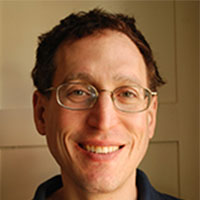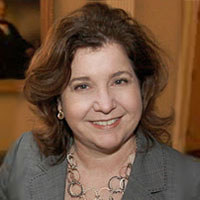Social Policy
Wednesday, October 9, 2013
Policy Challenges: Energy Politics and Public Opinion
James Druckman
The ultimate success of energy initiatives depends in large part on public acceptance. Politicians rarely pass new policies in the face of public opposition, and public policies, even when implemented, seldom succeed if citizens largely flout them. Examples include privatization and deregulation, which, while supported by many economists and policy experts, may face fierce resistance by constituents. Similarly, if customers and other stakeholders do not embrace, or at least tolerate, new technologies, then they will not find commercial acceptance and may face regulatory hurdles. Well-known examples of this possibility include nuclear power, biotech (especially with respect to agricultural products in Europe), and, more recently, increasing concerns over nanotechnology. In this presentation, I explore how the politicization of science and political parties (and partisan polarization) influences opinions about energy. Specifically, I study how both dynamics can shape and determine public support in distinct ways.
Innovation and Creativity in Public Policy
Janice Eberly
Government policies to address the needs and challenges of a changing economy and populace require continual updating. But in an environment characterized as “political gridlock”, innovation and improvement may seem impossible. While inertia does become more powerful in this environment, there is still scope for innovation. Policies adapt and change organically, forcing events require action on the part of policy-makers, and sometimes research or public outcry calls attention to an issue in need of action. While expedience and the actual processes of democracy must play a role in real-world pragmatic policy-making, there is scope for thoughtful and substantive policy development. Examples from recent issues, such as the debt ceiling and student loan reform, show that effective advocates and leaders integrate the realities of process with the aspirations of policy.
Speakers

James Druckman
- Payson S. Wild Professor of Political Science
- Faculty Fellow, Institute for Policy Research, Northwestern University

Janice Eberly
- James R. and Helen D. Russell Professor of Finance
- Faculty Director, Kellogg Public-Private Initiative (KPPI)
